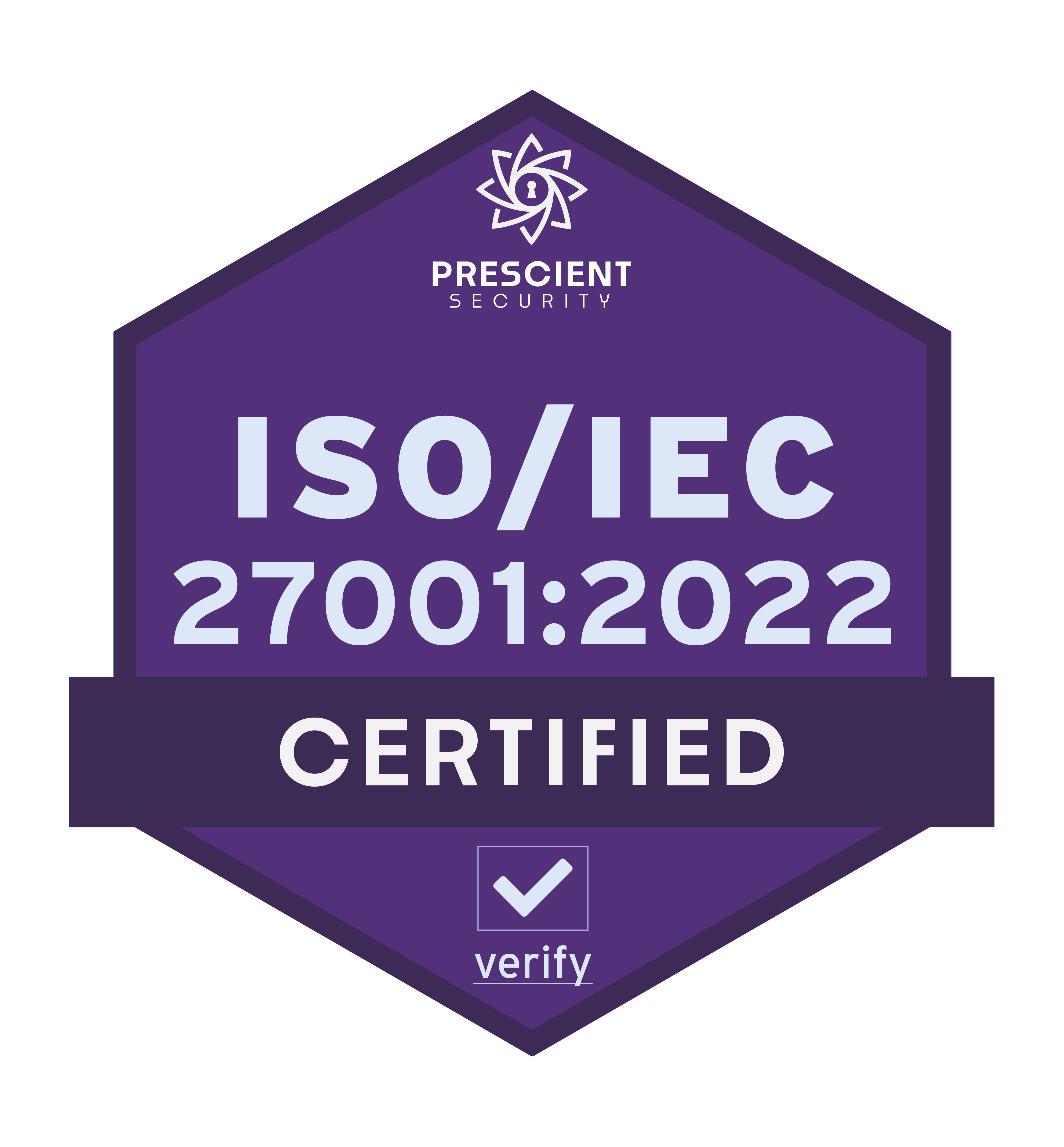
Alleviating procurement pressures with automated contract lifecycle management
By Mark Presbury – Head of Sales at Legal Interact
Procurement teams in South African enterprises are under enormous pressure due to rising prices and increasingly complex compliance demands. In addition to enabling the business to generate as much value as possible from vendor relationships, they play a key role in addressing imperatives such as black economic empowerment and sustainability.
Negotiating and signing a contract is just the start of their job. Once the ink has dried, tracking performance, managing renewals, and handling amendments are crucial activities that determine the success of each contract. But managing the contracts associated with hundreds of suppliers and service provider relationships is a daunting task.
Without a disciplined and diligent approach, your organisation can bleed value and expose itself to risk due to issues such as missed deadlines and compliance failures. The key reason that these issues arise is that it’s difficult for time-pressured procurement professionals to keep ahead of the paper deluge.
Too many procurement teams still store their contracts in filing cabinets or SharePoint directories and track them using complex Excel spreadsheets. With today’s affordable contact lifecycle management (CLM), your procurement function can automate contract processes to boost efficiency.
Here are some ways digitalisation and automation can solve contract headaches for procurement professionals:
One of the biggest challenges procurement teams face is that they don’t have a clear view of which contracts they have signed, their terms and conditions, when they’ve been amended, and who the counterparties are. It’s not unusual for companies to even lose track of which contracts are in force or where the paperwork is.
Contracts could be dumped in a cabinet or even kept in someone’s email inbox until there’s a dispute or a notification that a contract has auto renewed. An automated CLM solution solves this challenge by providing a central, searchable repository to store your contracts and retrieve them easily. It also helps you keep track of addendums and amendments.
Most procurement contracts will outline when the agreement is due for renewal, renegotiation or termination. If a team is using a manual process and system to manage deadlines and milestones across dozens of contracts, there is always a risk of missing a key date or obligation.
The result could be that a contract is renewed before you get a chance to seek alternative quotes or negotiate pricing. Or the contract might be terminated and leave your business without access to essential services. An automated system will create workflows and alerts to ensure that deadlines or contractual obligations are not missed.
A modern CLM platform will use sophisticated artificial intelligence (AI) and machine learning techniques to extract key information, classify terms, and provide a high-level understanding of each contract. This will help your team to track performance and optimise business value derived from contracts.
You’ll have the insights at hand to monitor contract performance, financial implications and adherence with service-level agreements (SLAs). In addition, you’ll be able to make sure that you’re not missing out on any benefits, such as discounts for early settlement of invoices or bulk purchases.
Through the lifecycle of a contract, there are many admin-intensive tasks you need to take care of. Manual contract management processes are labour-intensive and time-consuming. They are also prone to human error, which can lead to costly disputes and missed opportunities.
Automation streamlines these processes, reducing the administrative burden on your procurement team. By automating routine tasks such as data entry, contract tracking, and document storage, you can free up time for your team to focus on more strategic activities, such as supplier relationship management and cost optimisation.
Compliance with Environmental, social and governance (ESG) and black economic empowerment (BEE) requirements is an essential part of the procurement team’s work. The challenge that most companies face is that they have numerous contracts with ESG-relevant clauses stored and managed in different siloes of the business.
Automated, cloud-based post-signature contract management software can help you audit contract performance in relation to ESG and BEE criteria. You can extract and analyse relevant clauses to ensure that you’re meeting your commitments and using procurement as an effective ESG and BEE lever.
Efficient contract management fosters better communication and collaboration with suppliers and service providers. This leads to stronger supplier relationships, which can result in better pricing, improved service levels, and more favourable contract terms in the future.






